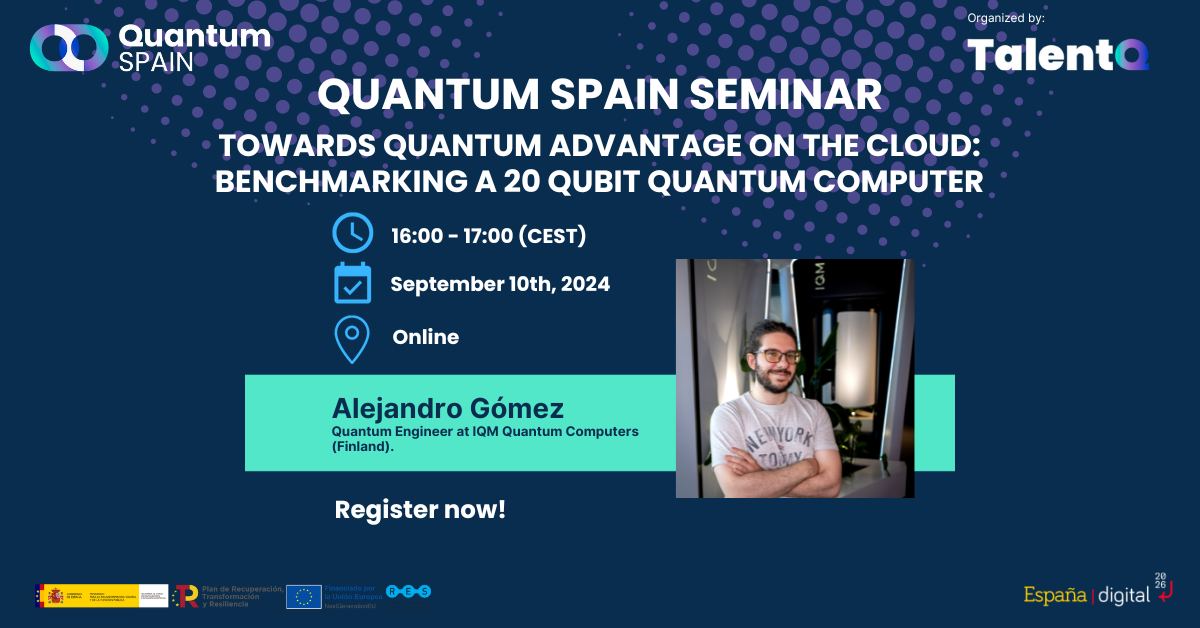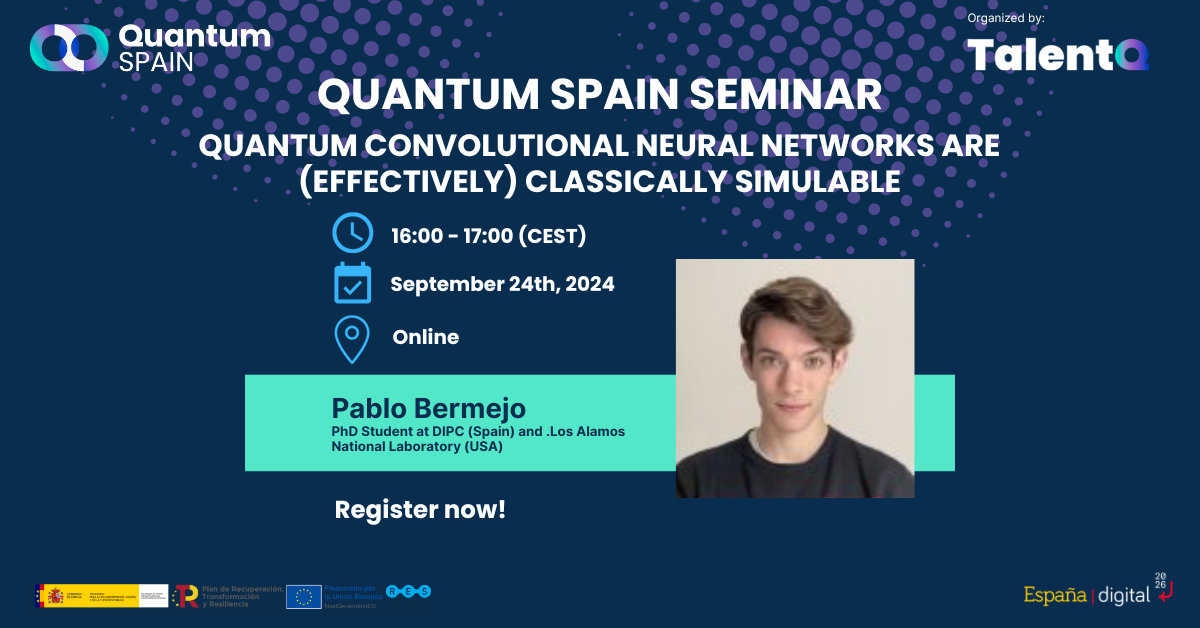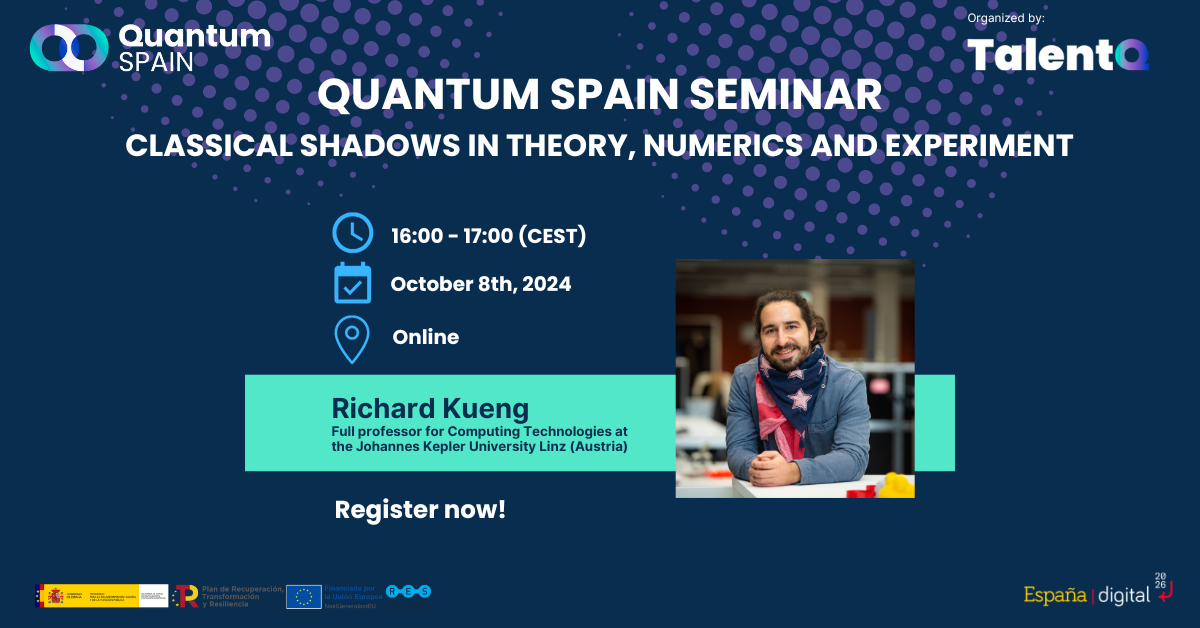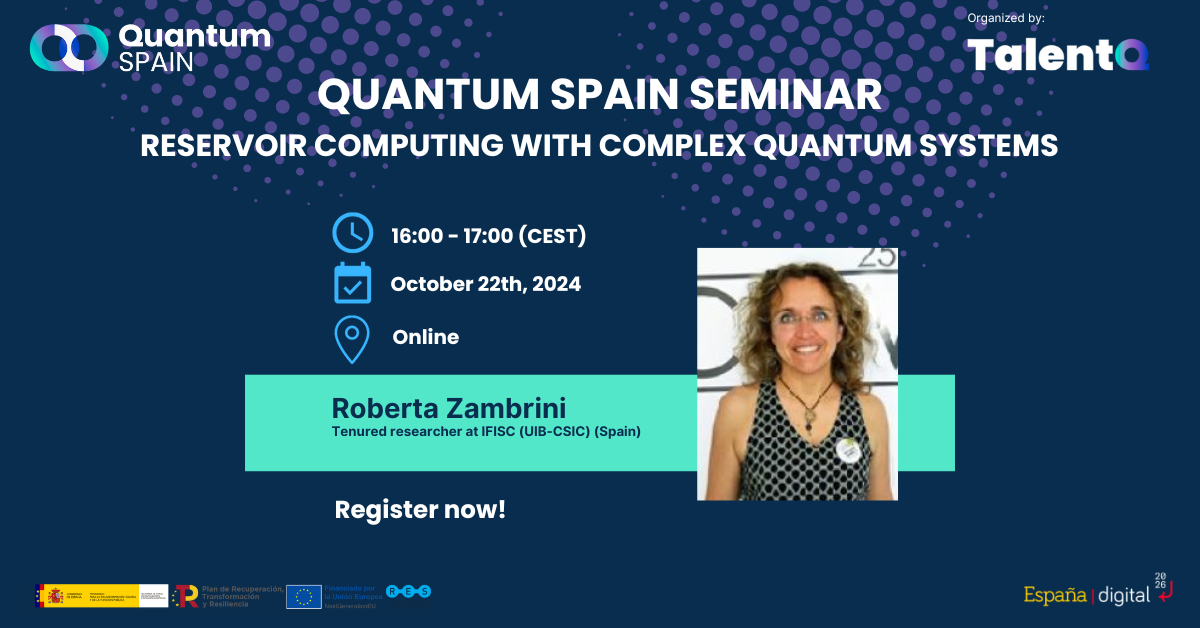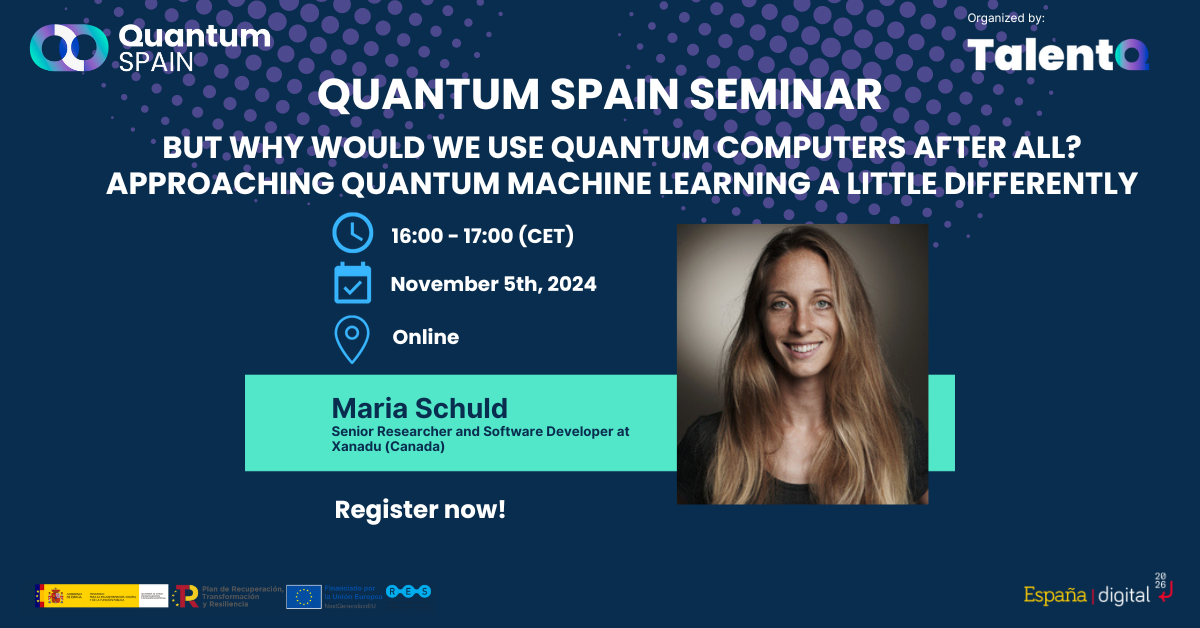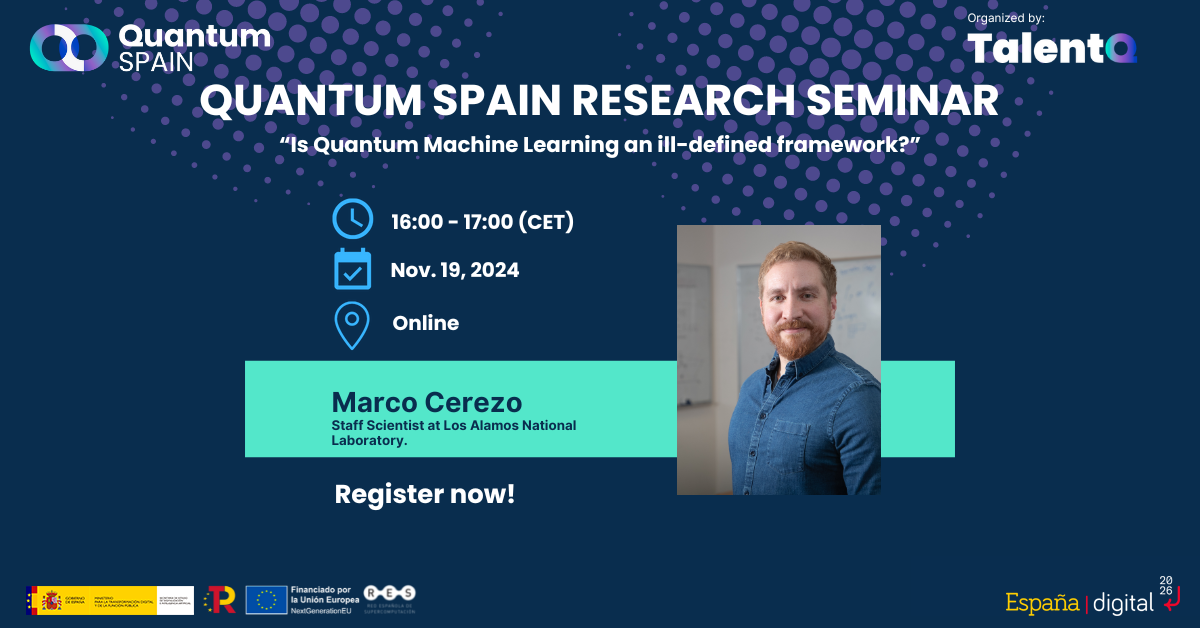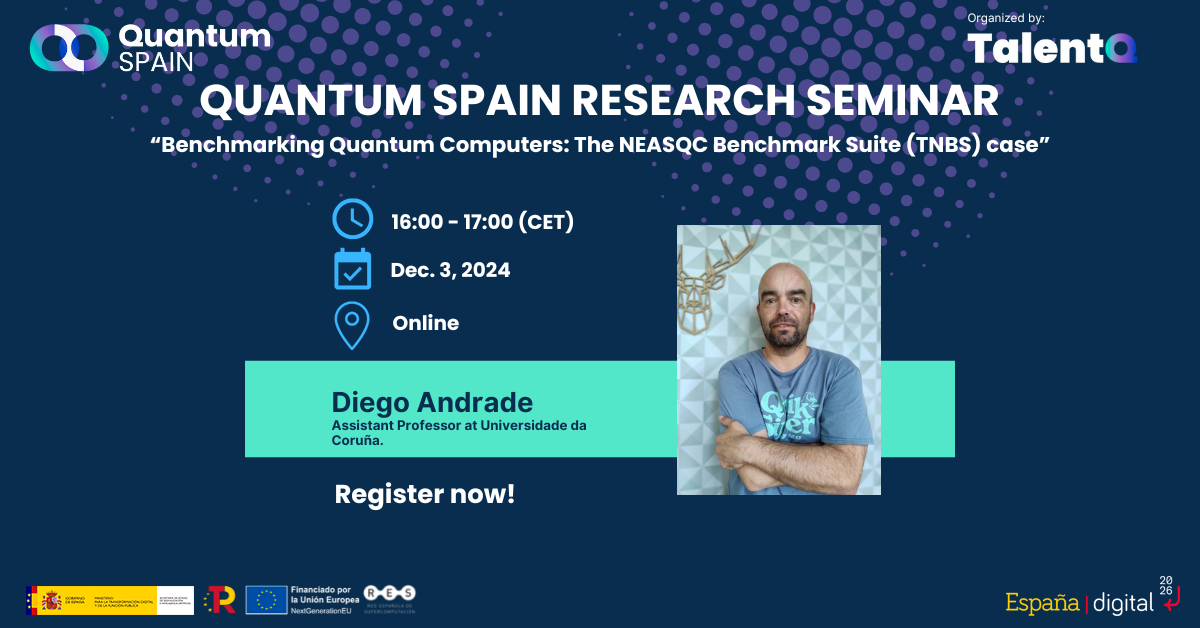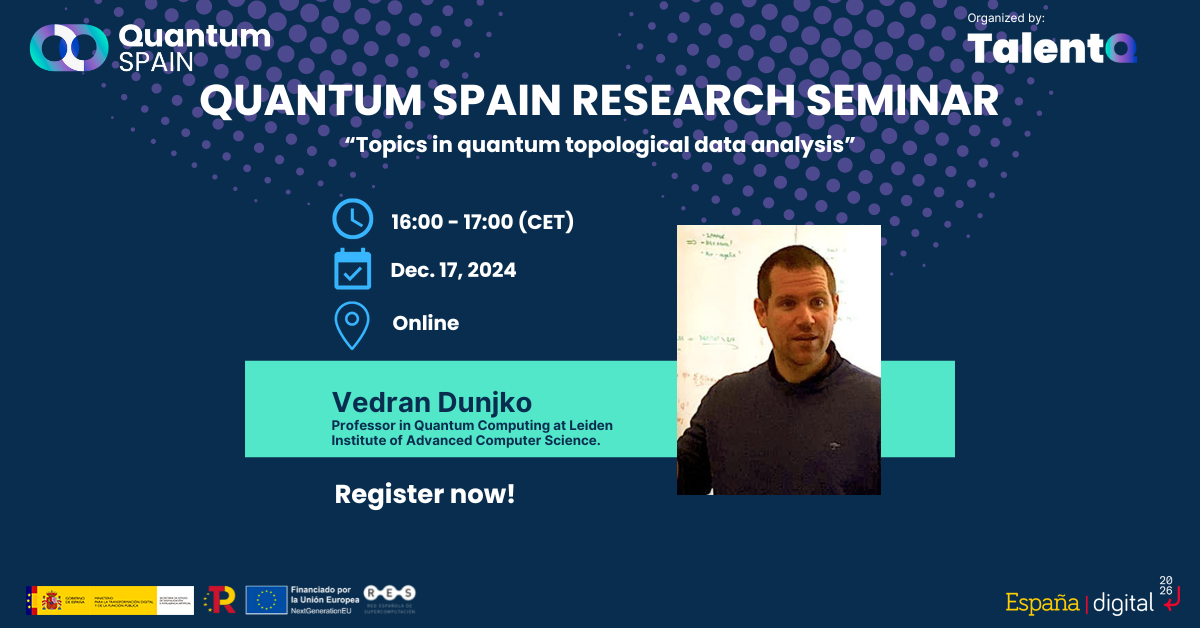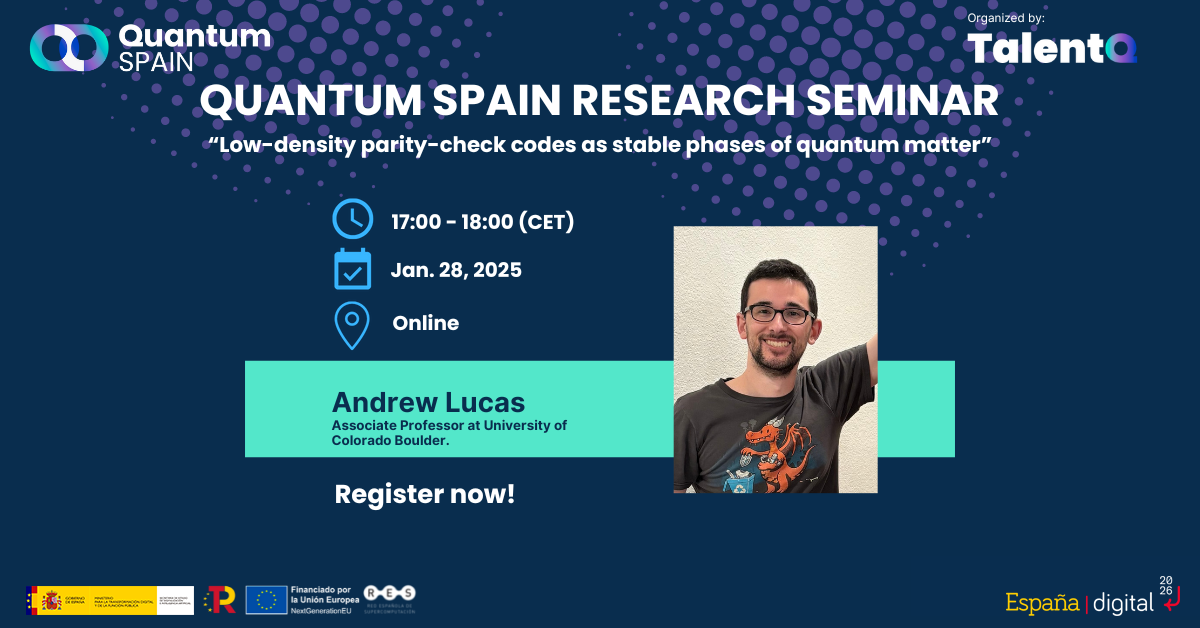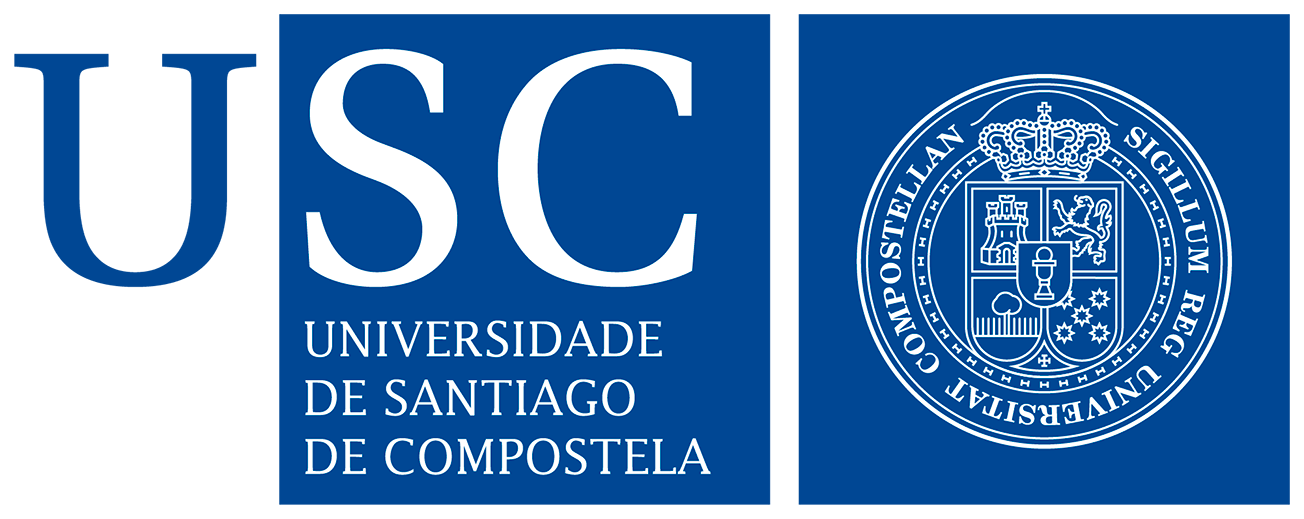TalentQ Seminar – Alejandro Gómez
Title: Towards quantum advantage on the cloud: benchmarking a 20 qubit quantum computer Abstract: Quantum computing is a field with incredible potential to solve fundamental limitations of classical computing, as well as provide a way for scientists to simulate complex quantum systems. Current technological implementations require further improvements in quality and scalability in order for […]


